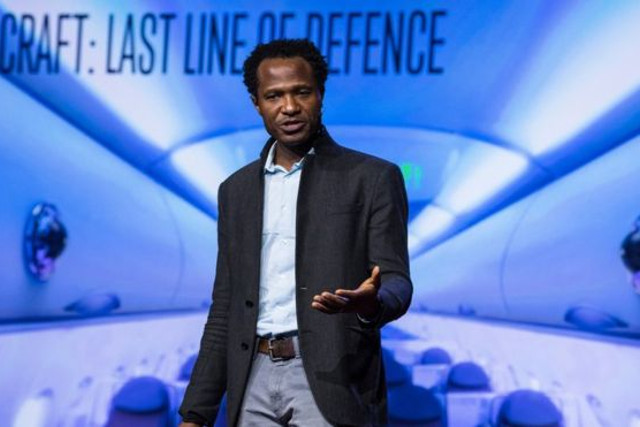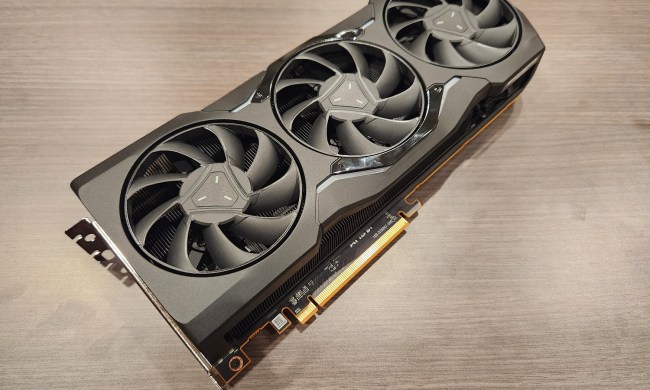
Many artificial technology projects attempt to model its systems on the human brain, hoping to take advantage of its capacity for complex analysis. The Koniku Kore goes one step further, bringing together silicon components with living neurons sourced from mice. “Biology is technology,” Agabi said. “Bio is tech. Our deep learning networks are all copying the brain.”
Agabi explained that he and his team figured out a method of giving the neurons instructions, in order to assign the system a particular task, like scoping out bomb threats in an airport. In this particular context, the devices could be placed discreetly around the building, preventing the need for the crowded security checks that we use today.
The Koniku Kore was revealed publicly at TEDGlobal, but images of the prototype device can’t be shared at the present time. However, Agabi did show a video of the system being taken out of the lab setting and confirmed that in its current form, the living neurons can be kept alive for a “couple of months” in a normal environment, according to a report from the BBC. Other research teams apparently have been able to keep neurons alive for as long as a year, so this facet of the project should improve over time.
The device could also be used to “smell” different diseases in a medical context, reading the molecules given off by a person suffering from a particular condition. However, Agabi has greater ambitions for the potential the technology has looking further forward.
“We think that the processing power that is going to run the robots of the future will be synthetic biology-based and we are laying the foundations for that today,” he said. The Koniku Kore is a rather amazing device in its own right, but the amalgam of living neurons and computer chips that underpins the project could have a profound impact as the technology matures.


